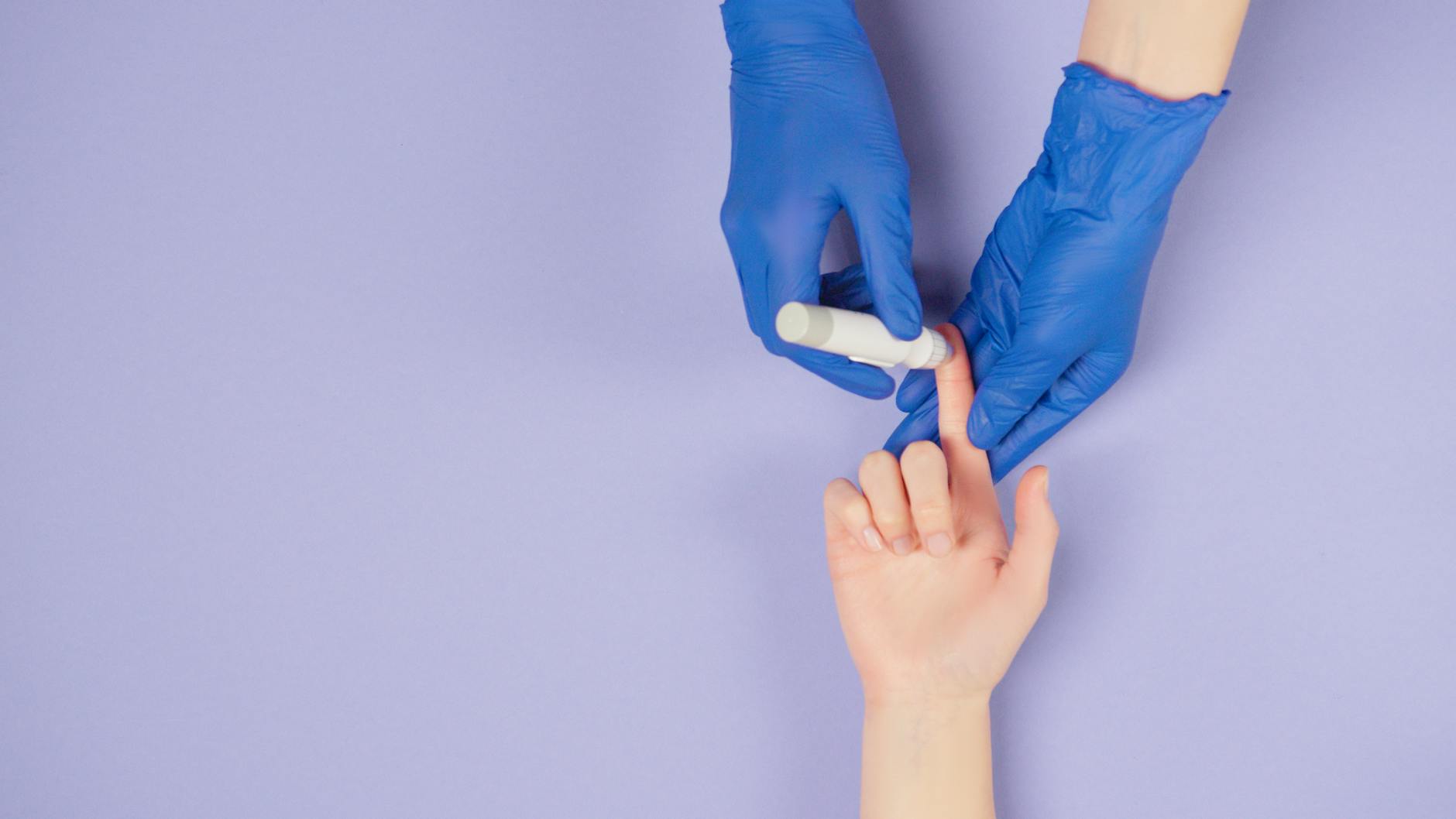
Understanding who manages diabetes is a journey. Internal Medicine Specialists stand at the forefront. Their expertise in hormones makes them central to treatment. They tailor insulin therapy and monitor complications.
Best Internal Medicine Doctor in Dubai
Starting with Primary Care
Primary care doctors often diagnose diabetes first. They offer initial treatments and guide patients to specialists. Their role involves ongoing management and routine check-ups.
Cardiovascular Concerns
Heart issues are common among diabetics. Cardiologists become vital players. They provide specialized care for heart health. Monitoring and preventive measures are essential.
Nutritional Expertise Matters
Dietitians shape diabetes management plans. Personalized diets help control blood sugar. Education about food choices supports long-term health. They aim for balance in every meal.
Learning to Self-Manage
Diabetes educators teach patients crucial skills. They explain how to monitor glucose levels. Lifestyle changes are integral to their guidance. Empowering patients is their main goal.
Protecting Foot Health
Foot care needs special attention. Podiatrists help prevent severe issues. Regular foot checks are necessary. They treat and manage complications from the onset.
Maintaining Vision
Eye complications arise from diabetes. Ophthalmologists watch for and treat these. Regular eye exams detect problems early. Preserving vision remains a high priority.

Medication Management
Pharmacists play a key supporting role. They ensure patients understand their medications. Proper drug use is critical in diabetes care. Effective communication is their tool.
Promoting Physical Activity
Exercise benefits those with diabetes. Physical therapists develop safe routines. These personalized plans improve overall health. Regular activity is encouraged.
Mental Health Impact
Diabetes affects more than the body. Counselors address the psychological toll. Emotional support is part of holistic care. They help build coping strategies.
Coordination of Care
Multiple specialists are involved. Coordination is crucial for effective treatment. Integrated care leads to better health outcomes. Specialists work together to manage the full scope of the disease.
Personalized Treatment Plans
Treatment must be individualized. Specialists create plans based on personal health needs. Customizing care improves effectiveness. It supports each patient uniquely.
Continuous and Dynamic Monitoring
Monitoring is continuous. Regular tests track blood sugar levels. Care plans evolve with new data. This proactive approach ensures steady management.
Advanced Treatment Possibilities
New treatments emerge regularly. Keeping up with advancements is key. Innovative therapies can enhance care. Staying informed is crucial for best outcomes.
Building Support Systems
Family and friends form a support network. Educating them about diabetes improves care. Community support makes management easier.
Emotional Resilience and Coping
Managing diabetes requires resilience. Emotional support strengthens this. Counseling helps navigate challenges and stress. It’s a critical component of diabetes care.
Reducing Stigma
Stigma can hinder diabetes management. Open dialogue helps reduce it. Support groups offer a safe space. Sharing experiences fosters understanding and support.
Evolving Healthcare Practices
Diabetes care is always evolving. New research brings innovative treatments. Staying informed means better care. Embracing change is part of improving health.
Embracing a Holistic Approach
Effective diabetes care is multifaceted. Coordinated efforts from various specialists are essential. PHYSCIAN.ae highlights the importance of integrated, continuous care.
